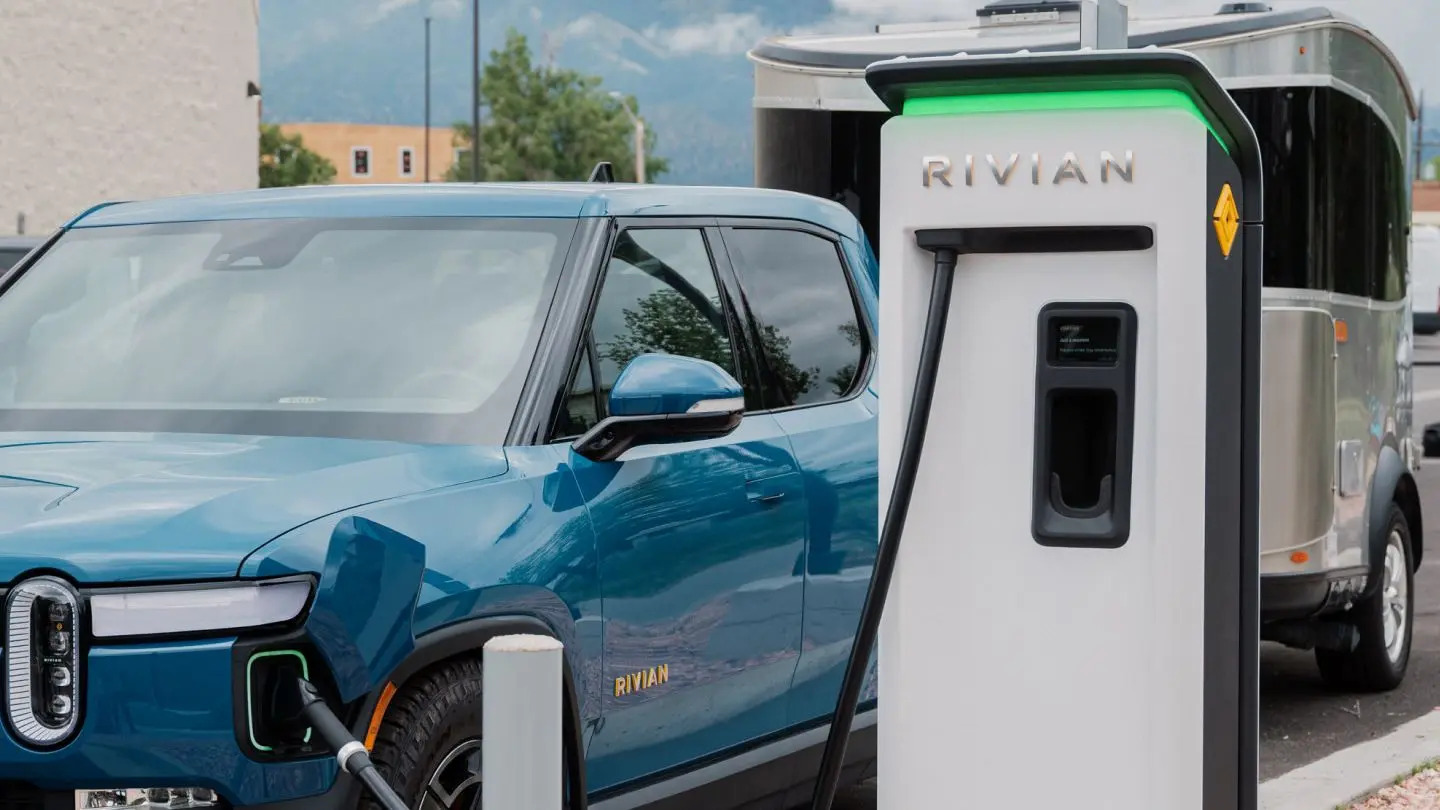this post was submitted on 24 Feb 2024
284 points (97.0% liked)
Technology
59589 readers
2962 users here now
This is a most excellent place for technology news and articles.
Our Rules
- Follow the lemmy.world rules.
- Only tech related content.
- Be excellent to each another!
- Mod approved content bots can post up to 10 articles per day.
- Threads asking for personal tech support may be deleted.
- Politics threads may be removed.
- No memes allowed as posts, OK to post as comments.
- Only approved bots from the list below, to ask if your bot can be added please contact us.
- Check for duplicates before posting, duplicates may be removed
Approved Bots
founded 1 year ago
MODERATORS
you are viewing a single comment's thread
view the rest of the comments
view the rest of the comments

Tesla has always been about the expansion of EV, regardless of EV competition. Fact is, until recently there wasn't much RV competition worth looking at. Most alternatives were either expensively niche, like Tesla started, or extremely range limited so they ended up being niche urban vehicles. There hasn't been much competition in the middle until the last few years.
Most people don't actually need long range for their daily driver, but they look at the one longer range trip they make a year (maybe) and base their vehicle purchase on that, rather than something like renting a suitable vehicle for the single exception instead of the other 99% of the year. There's a reason shorter range plug-in EVs like the Nissan Leaf and Chevy Bolt sold fairly well despite a nearly complete lack of marketing, they do what most people actually need their daily vehicle for.
Tesla has been willing to have other brands use their network for years, no one took them up on it until recently, and notably really only after Tesla's connector design became the US standard.
Hate Elon all you want, and hate the Tesla position towards things like workers rights and unions, it is well deserved, but they have stuck to their mission statement pretty darn well. "Tesla's mission is to accelerate the world's transition to sustainable energy."
No one (except Aptera) took Tesla up on the offer to use Tesla’s plug for years because as part of the “open” agreement Musk wanted, the companies would agree not to sue each other for patent infringement. This was obviously a non-starter for most brands; while Tesla was developing some valuable patents around electric vehicles and autonomous driving, the legacy car manufacturers had a lot more patents around everything else related to making a car (and most also had some EV and autonomous driving patents).
The only change really came when the Inflation Recovery Act passed, with a billion dollars earmarked for charging station construction. There were requirements that the stations had to use standardized plugs and allow credit cards (without needing accounts). Suddenly it became more valuable to own the leading Network that everyone could use. Tesla submitted their design to the Society of Automotive Engineers (SAE) for release as a standard and started calling it the North American Charging Standard (NACS). I’ve read there’s been grumbling from some SAE members since the “standard” didn’t come from one of their committees, but as automakers have signed deals with Tesla (that presumably don’t include the old patent restriction) it seems like that ship has sailed. Fortunately NACS and J1772/CCS (the standard from SAE) use the same communication protocol, so the difference is largely electrical/physical.
😄 I agree, as long as you can charge at home with about 3.7kw you should be able to live without charging network for the most parts, well, I do with my 200km range car.